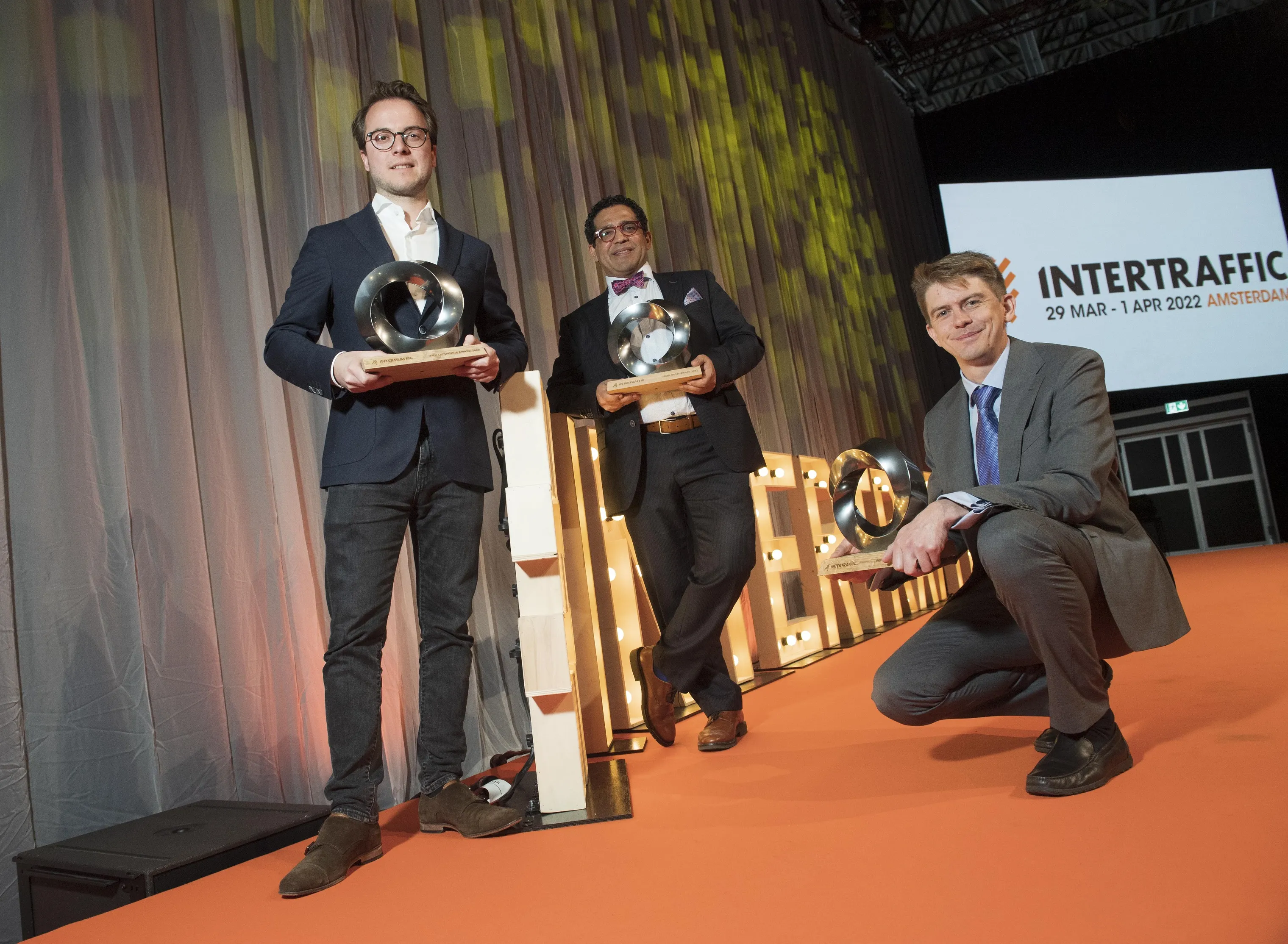
“What does the mobility of the future look like?” Visitors to Intertraffic Amsterdam will find the answer to that question at the
In addition, Intertraffic visitors will gain insights into the company’s current range of products and a chance to drive into the future: a driving simulator on the company’s stand will provide a 3D environment in PTV Vissim so visitors can experience new highway design before it is even built.
As Miller Crockart, PTV’s VP Traffic Global Sales & Marketing, points out, in the era of the digital revolution everything is inter-connected and concepts such as “autonomous driving” and “shared mobility” begin to become reality.
It is a reality that will revolutionise not only how people and goods will be moved – these concepts might also change the entire society. “Single car ownership is likely to be a thing of the past. The automotive industry will also need to adapt to this new reality with more testing and also using modelling solutions to better understand the operation and business implications of such systems,” says Crockart.
PTV is focused on better understanding the future behavioural changes that users of such mobility services will bring, and what domino effect this might have for cities and day-to-day life. “With our innovative technology we are addressing these issues so that we can assist all parties involved to step-up to the Mind of Movement of tomorrow’s mobility,” says Crockart.










